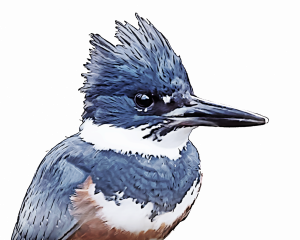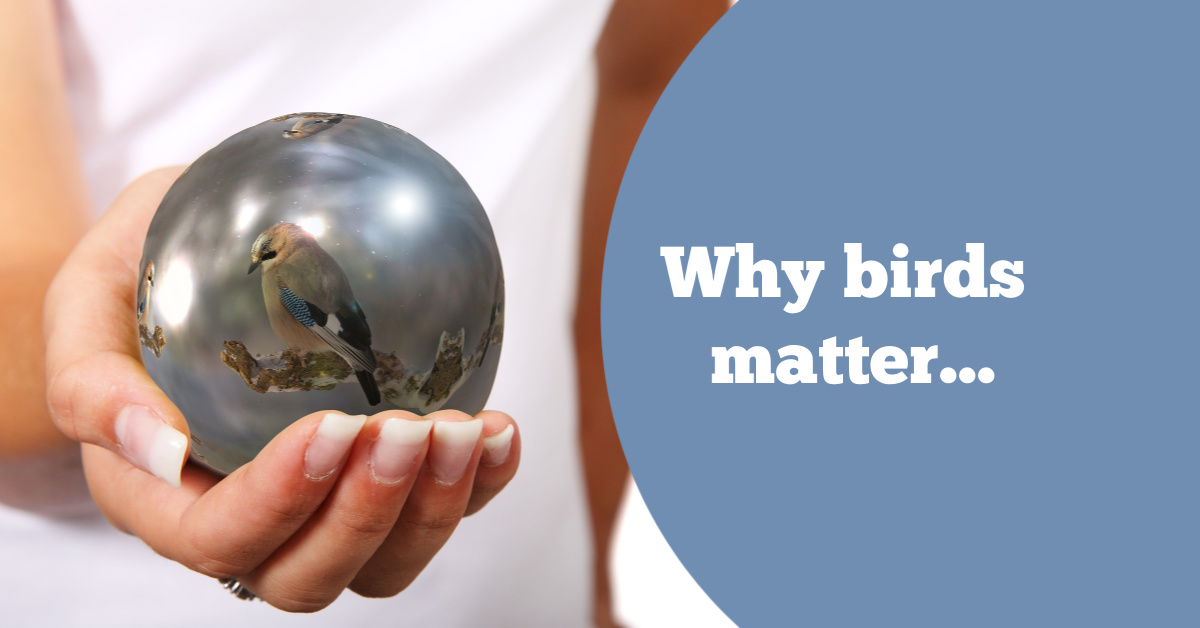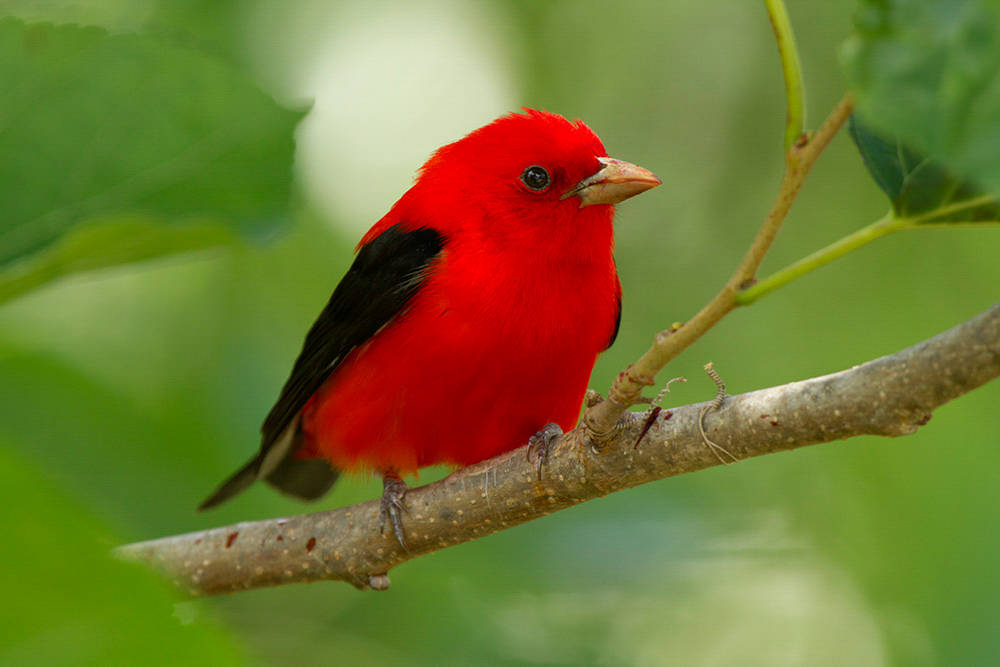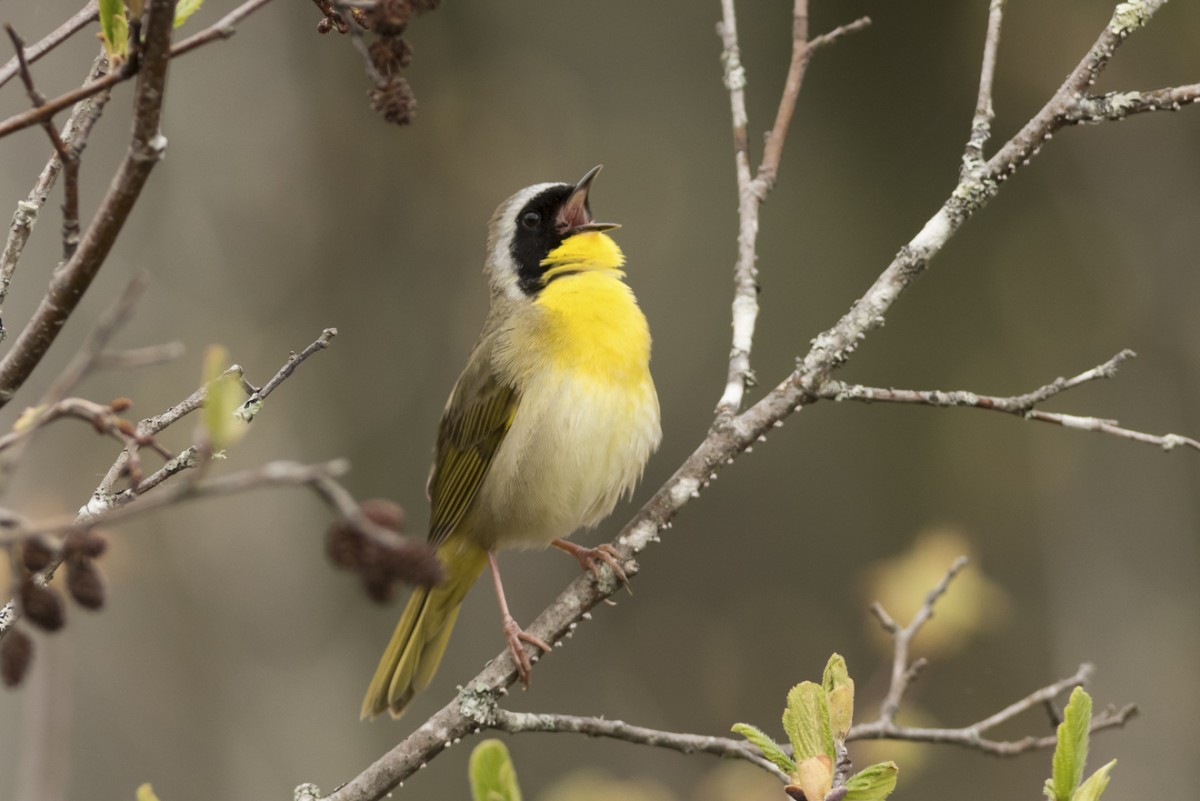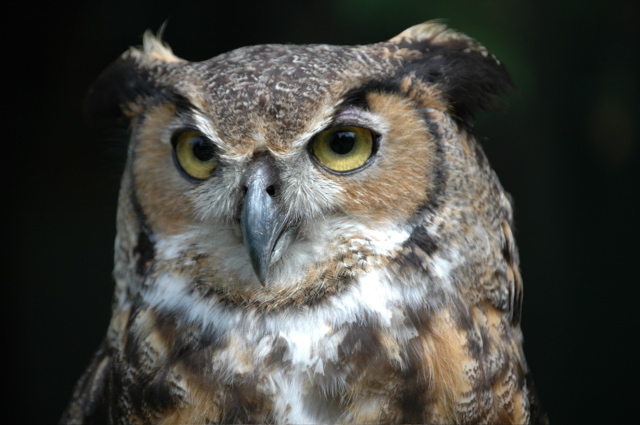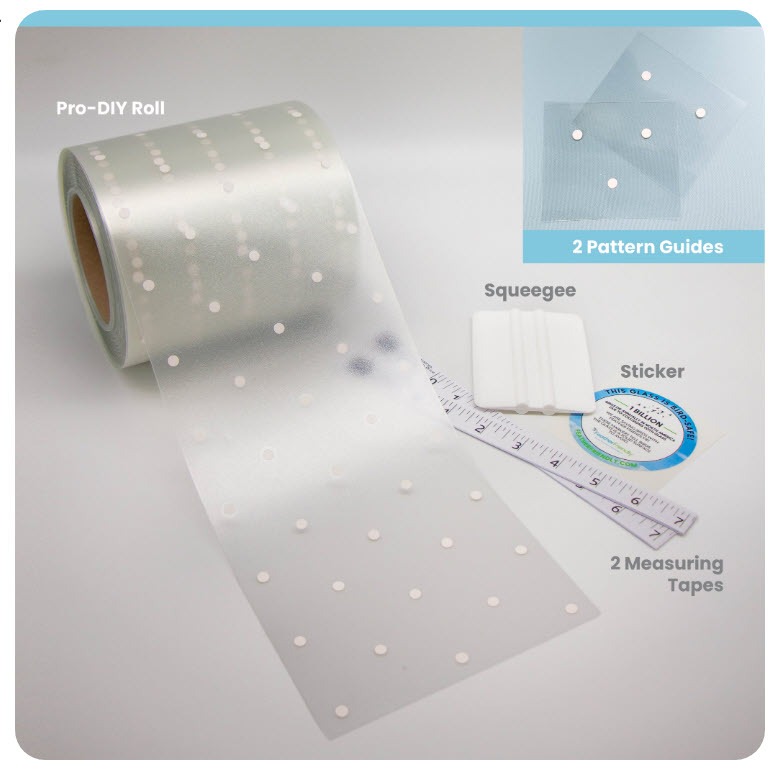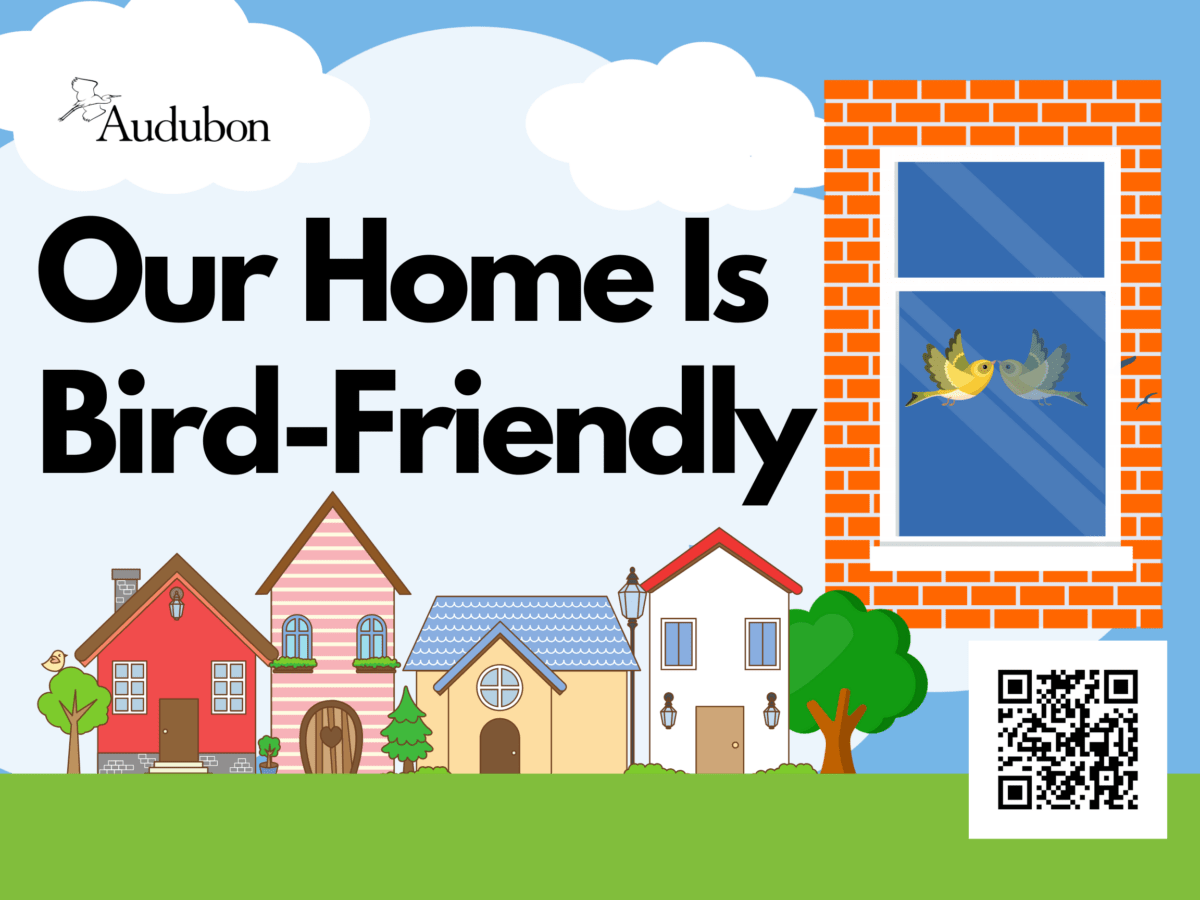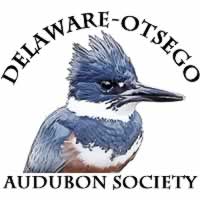There is abundant scientific evidence documenting the negative impacts of ingesting spent lead ammunition on doves, pigeons, loons and other waterfowl, eagles, vultures and other scavengers, as well as other wildlife. Similarly, there is much documentation that these birds ingest lead shot, and lead fragments from wounded and unretrieved prey, or discarded animals or entrails. Data shows that lead exposure for eagles, vultures and other scavengers is on the rise especially during hunting seasons. In our region, lead poisoning of Bald Eagles is known to occur regularly.
Lead is a known toxic substance with serious health effects for wildlife and humans alike, including neurological damage, retarded cognitive development and growth, sensory loss, behavioral impacts, and death, among others. In recognition of these dangers, use of lead in gasoline, paint, plumbing and other sources of exposure has been halted. More specifically, lead ammunition has been banned for waterfowl hunting in the United States, and small lead fishing tackle has been banned in some jurisdictions, including New York State.
However, lead shot, slugs and bullets remain the primary hunting ammunition in use today. The Delaware-Otsego Audubon Society does not oppose regulated hunting, and in particular is supportive of hunting white-tailed deer to control a population that can create serious ecological damage through over-browsing, including loss of forest diversity and bird habitat.
Alternatives to lead hunting projectiles are available for most centerfire rifles, muzzle loaders and shotguns. These alternatives, being copper and copper alloys, do not fragment and disperse within targeted animals, as does lead. As a result, there is a significant reduction in the toxic threat to wildlife and humans. These alternatives are known to be equal or superior in effectiveness to lead ammunition, and are well-received by many hunters who use them.
Respected organizations such as The Wildlife Society support the replacement of lead-based ammunition with non-toxic products and a phased-in approach to replacing lead ammunition in hunting. Both the US Fish and Wildlife Service and the NY State Department of Environmental Conservation encourage use of alternatives to lead ammunition.
In view of the well-known dangers to birds, other wildlife, and humans posed by lead ammunition, and the availability of non-toxic and effective alternatives, the Delaware-Otsego Audubon Society will work to:
- increase public awareness of effective alternatives to lead ammunition;
- educate the public on health threats posed by lead ammunition to humans and wildlife;
- take actions to make lead-free ammunition more available to hunters; and
- call upon the NY State Department of Environmental Conservation to create and disseminate educational information for hunters emphasizing the threat to wildlife from lead ammunition.
